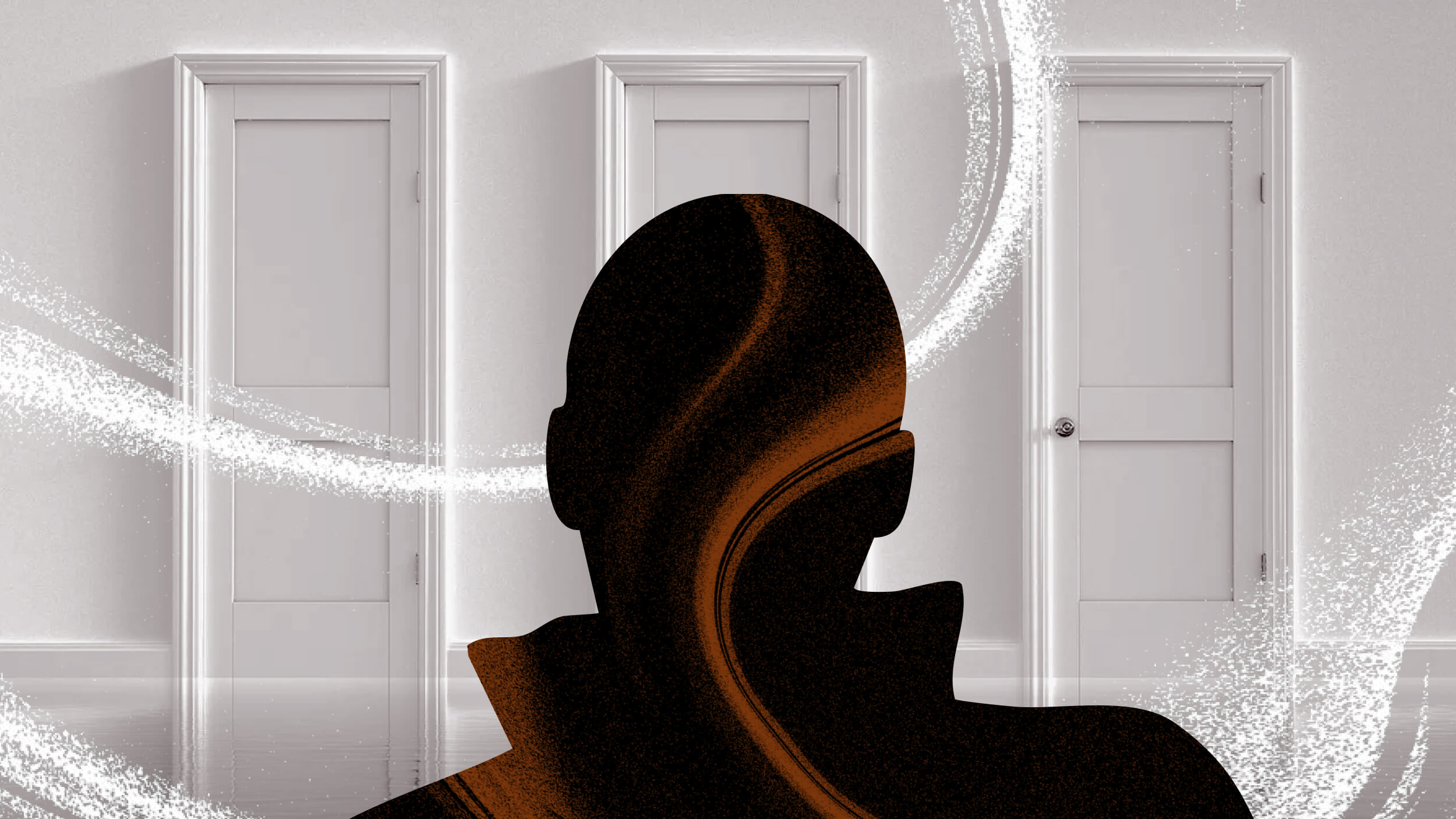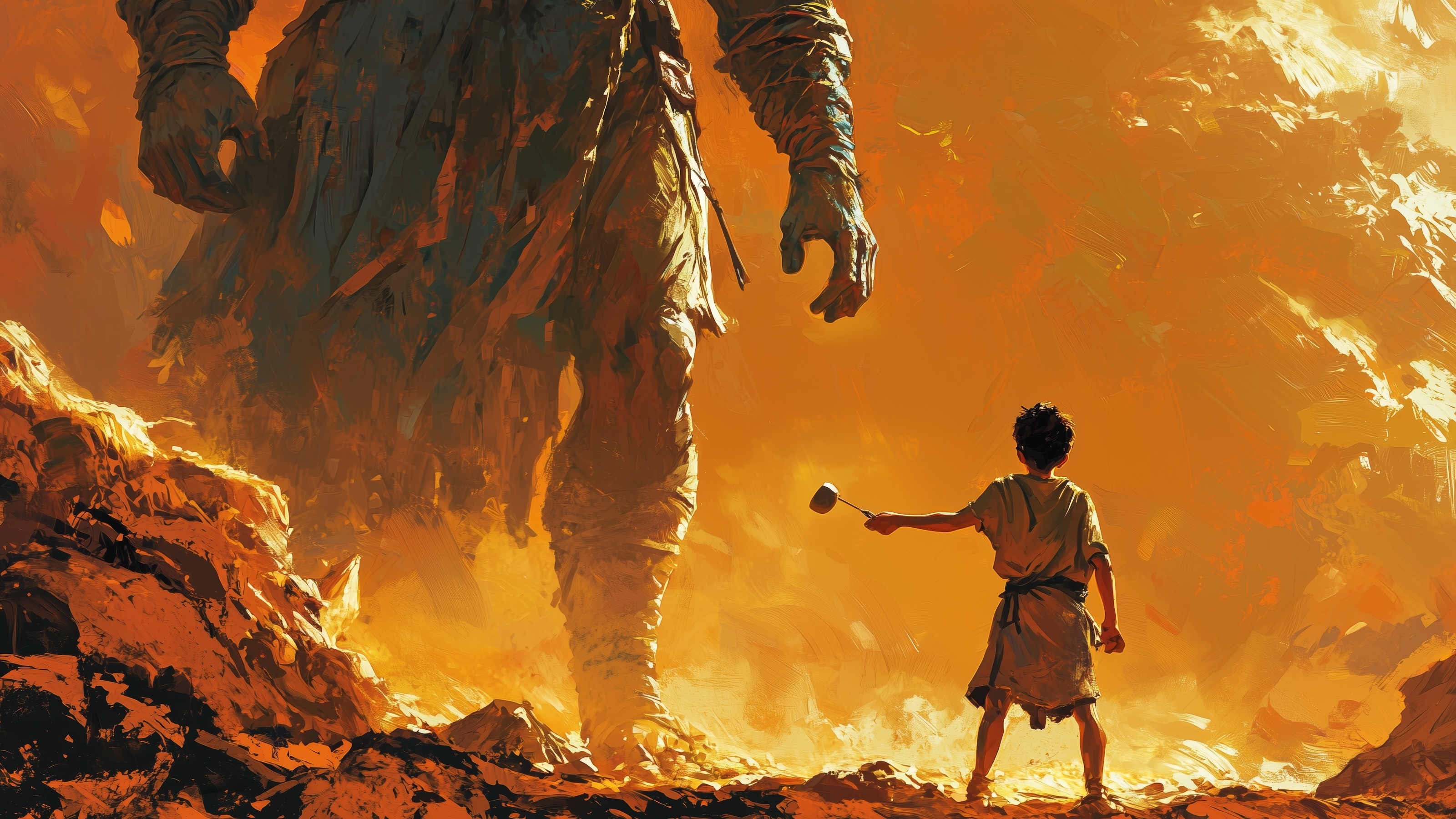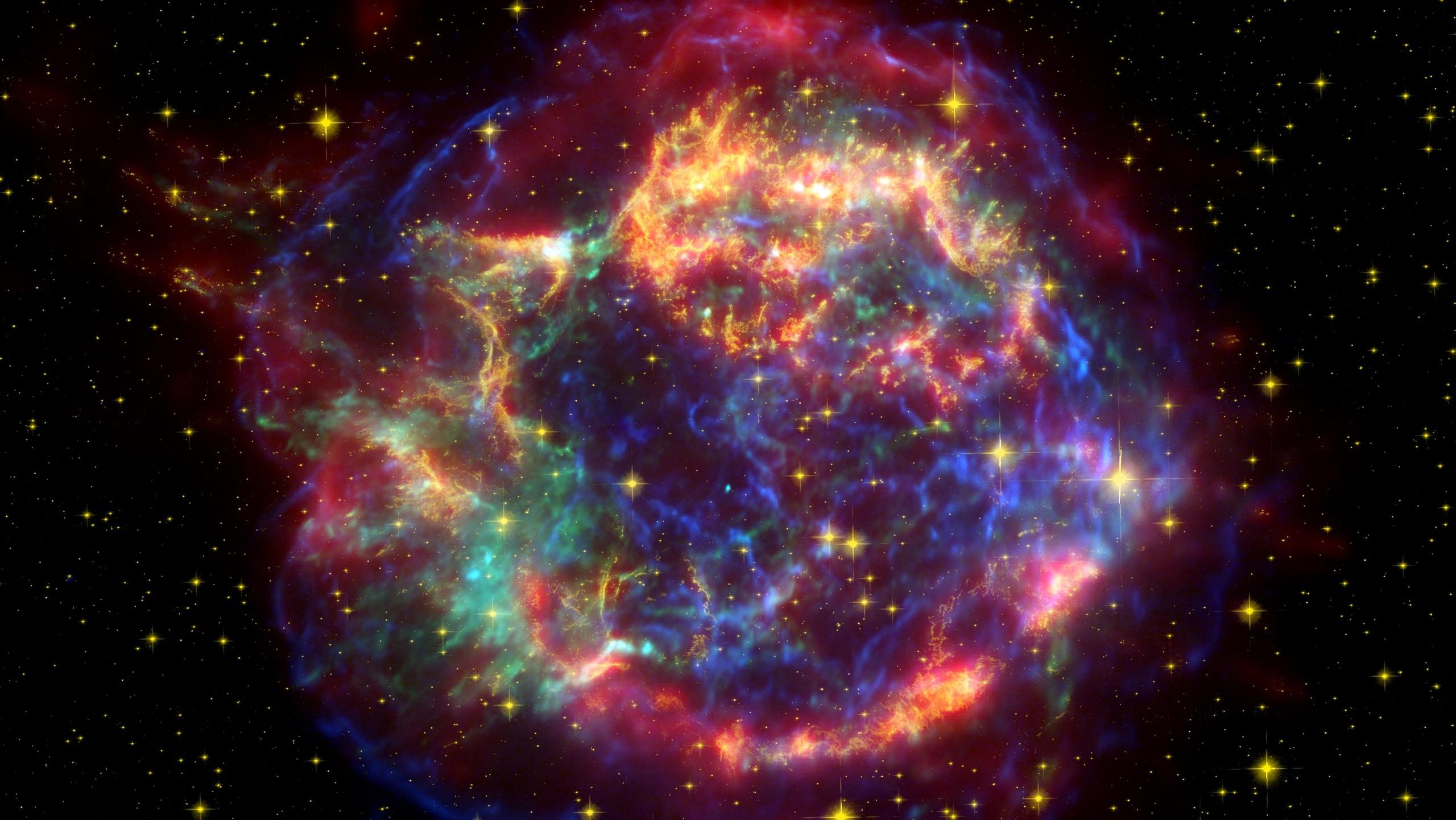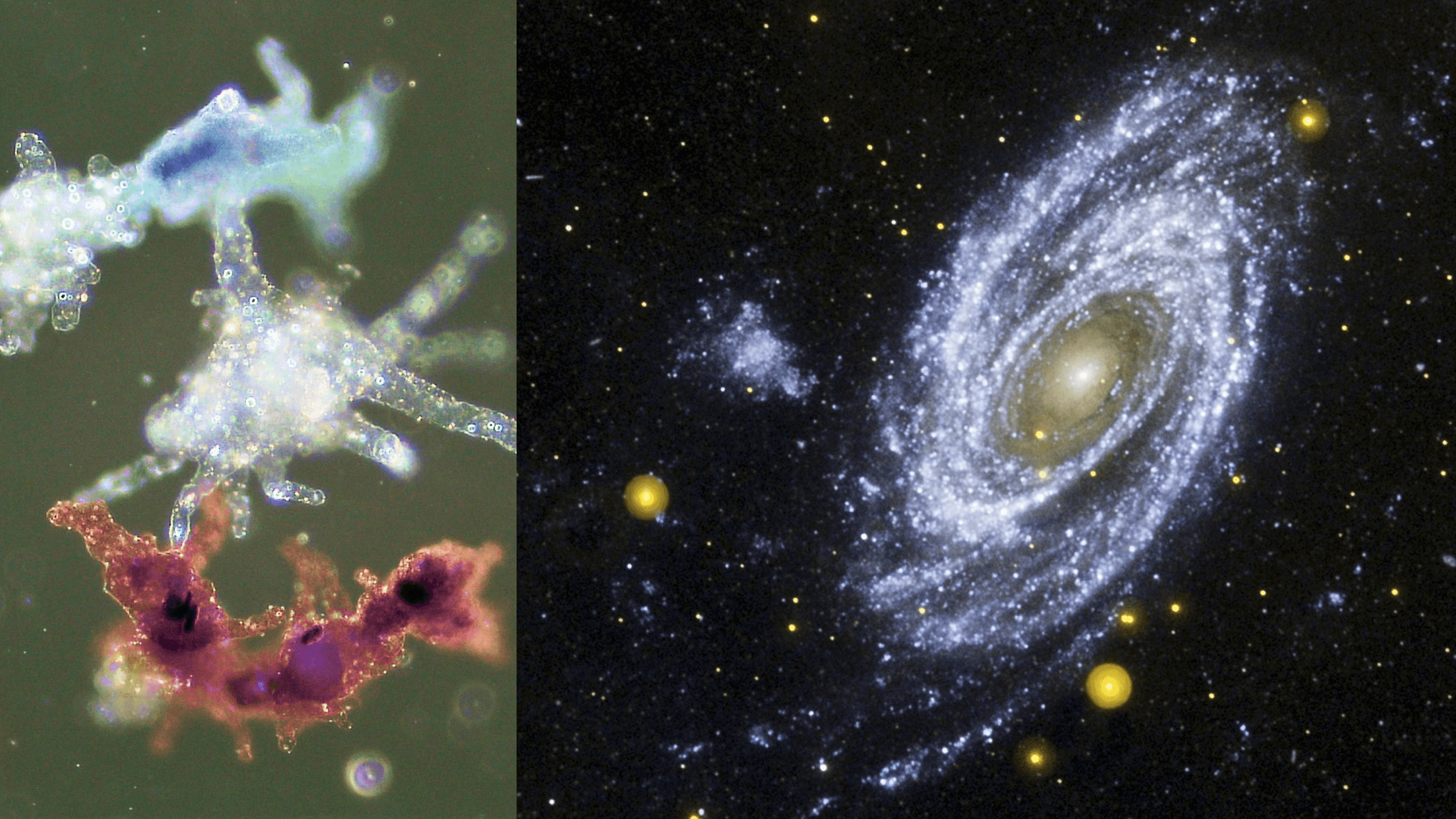In order to actually solve the refugee crisis,” explains Booker Prize-winning novelist Salman Rushdie, “you have to solve the problems from which the refugees are fleeing.” That problem? War and violence, typically, which is why negotiated settlements to long-standing conflicts must rise near the head of any international priority list. Still, the refugees who are running for their lives must be accommodated by the rest of the world. What makes accommodation tricky is the risk of Jihadist terrorists might infiltrate the west, camouflaged within the sea of people. Efforts must be made to deal with this risk — we cannot deny that it exists — but that also does not give us license to mistreat those who require help.
Salman Rushdie: In order to actually solve the refugee crisis you have to solve the problems from which the refugees are fleeing. That’s to say the problems — these are very specific areas that Syria, Eritrea, Ethiopia. I mean that’s where almost all of them are coming from. And that’s because all those places are in the long-term grip of very violent and dangerous civil wars. And in order to stop people running you’ve got to remove what they’re running from. And so it just makes very, very urgent the need for negotiated settlements in all these parts of the world. I’m glad that it’s begun to be called the refugee crisis. For a while people were referring to these folks as migrants and that’s not exactly what they are. I mean they’re really people running for their lives. And, of course, I think they need to be not left to starve and die in various no man’s land, you know. They do need to be accommodated somehow.
I do think there is a danger of infiltration of, as it were, terrorist fighters infiltrating as part of the refugee movement, you know. The refugees are really refugees, but it wouldn’t — it’s not rocket science to understand that it’s perfectly possible to place some Jihadist fighters in there. And I think I’m sure that security forces around Europe are extremely aware of that and very concerned about it and that complicates the political decisions or the humanitarian decisions. I just think it’s got to be faced, you know. You obviously need to stop people dying, but you also need to prevent terrorists from coming into the country and killing other people. So I mean it’s a very, very difficult subject, but as I say the solution has to be to look at the causes, you know. The refugees are the effect — you need to look at the cause in order to remove the effect.






